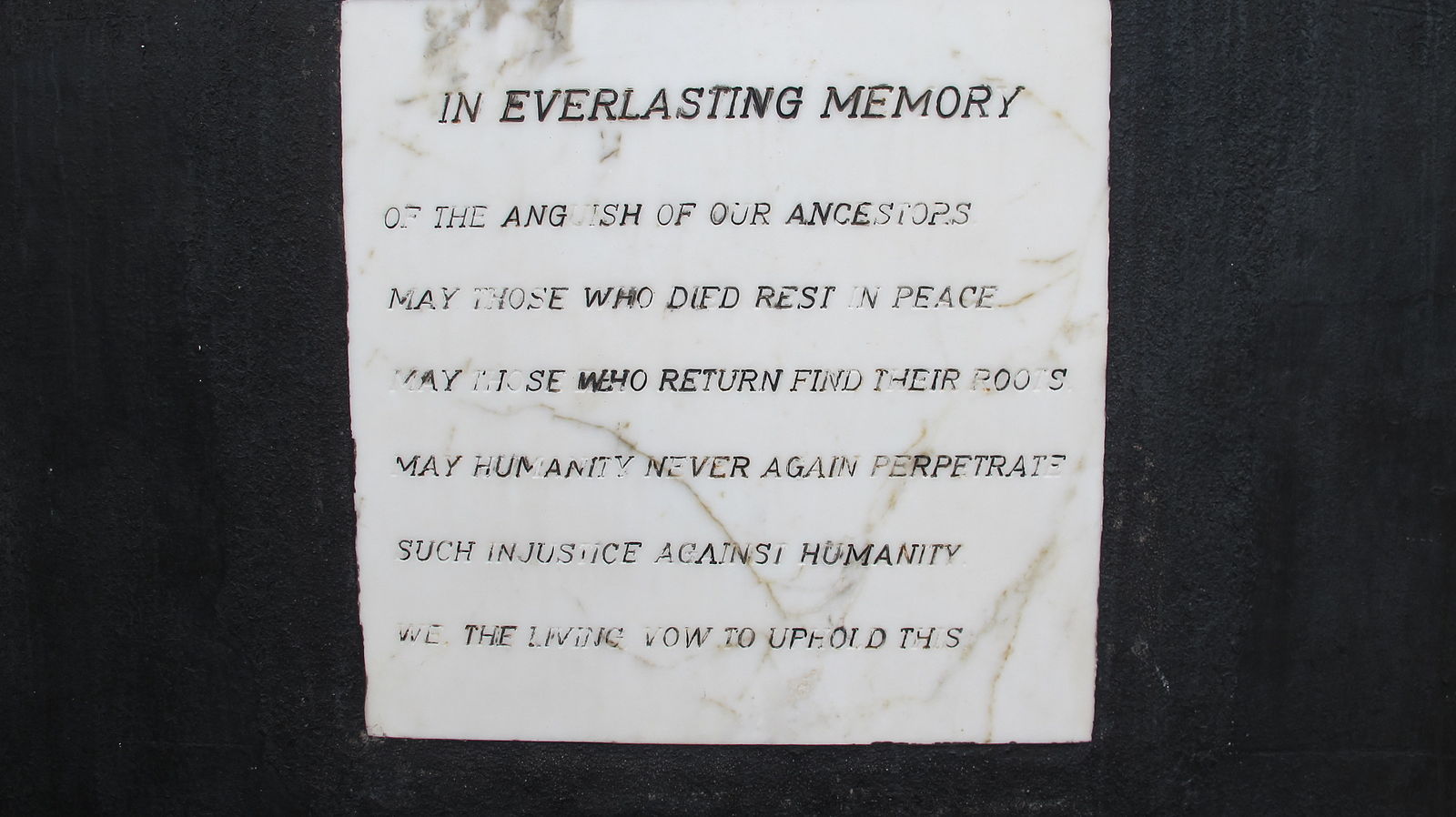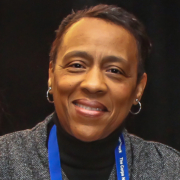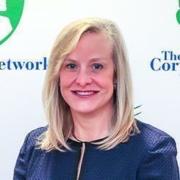
Acknowledging the 400th anniversary of the Trans-Atlantic Slave Trade and the contributions of people of African descent in the Americas
A letter from Capri St.Vil, Director of Equity, Diversity and Inclusion
An Invitation
The Corps Network invites you to host a “Ceremony of Remembrance” and join us in acknowledging the 400th Anniversary of the Transatlantic Slave Trade. We feel it’s important to recognize the legacy of this historical event and acknowledge the lasting impact and contributions of people of African descent in the Americas since 1619.

The “Door of No Return” at the House of Slaves on the island of Gorée in Senegal. This is seen as a symbolic departure point for people bound for enslavement in the Americas.
Original source: https://www.flickr.com/photos/robinelaine/102330015/
Background
Four hundred years ago, in 1619, the first Africans to be sold into slavery were brought to Jamestown, VA. As presented by the group 400 Years of Inequality, we acknowledge that “inequality is a threat to our health and democracy.” We agree that we need “a new social infrastructure to carry us through the challenges.” We need to learn from the past as we move forward together.
In our initial conversations about acknowledging this anniversary, we discussed having a moment of silence. However, as was pointed out by a staff member at The Corps Network, we should instead have a “Moment of Voice,” and foster a space to change narratives, build relationships, and heal.

Plaque at Elmina Castle in Ghana, a Portuguese-built trading post that became a prominent stopping point for ships carrying people bound for slavery. Original source: https://commons.wikimedia.org/wiki/File:Ghana_Elmina_Castle_Memorial_Plaque.JPG
Planning an Observance
We encourage you to follow the lead of the group 400 Years of Inequality and plan your observance for the week of October 12-18, 2019.
What will your observance look like? That is a question each Corps will need to decide, but it is our hope that your decision is made by coming together as an organization and with your community. Perhaps this is an opportunity to start candid conversations with your Corpsmembers about how inequity has shaped our country, but also how people can, and have, overcome these challenges. Delve into the history of the people within your community, which would include the history of Native, Latino/Hispanic, Asian, and Black people.
Eleven Corps currently participate in the Moving Forward Initiative, which is an effort, led by
The Corps Network, to address the lack of diversity in the conservation field by examining institutional and structural racism. How you recognize the 400th anniversary should spotlight the issue of equity in the environmental movement. Corpsmembers would benefit if they understood the link between their work to improve the environment and the push for racial equity in this country. Too often, the voices of people of color are lost when looking at the environmental and conservation movements. Through this work, you can demonstrate the significance of your Corpsmembers’ contributions and help them reclaim their voices.
Resources and Things to Consider
- In 2016, the W.K. Kellogg Foundation, supporter of The Corps Network’s Moving Forward Initiative, introduced the Truth, Racial Healing and Transformation (TRHT) Framework. This includes recommendations and an Implementation Guidebook to inform community-based TRHT processes. They also launched the National Day of Racial Healing, which takes place annually in January. In 2019, organizations across the country recognized this event with various activities, including workshops, film screenings, bus tours, and community conversations. We encourage you to use the National Day of Racial Healing to find inspiration for a 400th Anniversary observance.
- Many people are not aware of the significance of 2019 and the 400th Anniversary of the Transatlantic Slave Trade. A good place to start your planning would be to do some research. We hope that studying history and observing this anniversary will give us an opportunity to both remember, but also move forward and carry with us as, Maya Angelou said, “the wisdom, the energy and the dreams of our ancestors.” Here are some places to begin your research:
- ASALH (Association for the Study of African-American Life and History, established in 1915 by Carter G. Woodson, the father of Black History Month)
- Hampton, VA 2019 Commemorative Commission
- We encourage you to explore the Starter Kits prepared by 400 Years of Inequality. These kit includes a two-part timeline for understanding the history related to 400th anniversary, as well as other tools for starting conversations and planning an observance. (In actuality, when looking at the Americas, 2018 marked the 500th Anniversary of the first enslaved Africans brought to the Americas by the Spanish and Portuguese)
- This website offers helpful maps for understanding the history of the Trans-Atlantic Slave Trade.
- The National Park Service (NPS) will recognize this anniversary with an event at Fort Monroe National Monument. Learn more about how NPS is addressing this history.
- Find out if there are already observances planned in your local community that you can join or support. You may decide on an afternoon/evening of storytelling, spoken word, or performance. Maybe your activity will involve a racial healing circle, in which participants listen to each other and learn through sharing personal truths and stories. Maybe you will consider a symbolic gesture, like planting a tree.
- Reflect on your own story or stories within your community. There are several recent examples of organizations examining their past and ways they have perpetuated racist and discriminatory practices and ideas. However, just as there are stories of people and organizations making meaningful efforts today to confront their pasts, there are also many important and under-told stories throughout history of ways people and organizations have resisted, persisted, and made progress in the face of inequity. What truths can you uncover? [The examples below are from 400 Years of Inequality]
- Georgetown University is addressing the sale of enslaved persons to fund the school in the early 19th century;
- The Montgomery Advertiser examined its coverage of lynching and issued an apology;
- The New York Times examined its coverage of women and people of color in the obituary section and found a massive inequality. This is being addressed through more balanced coverage now as well as the creation and publication of obituaries that were missed;
- National Geographic asked a scholar to examine the approach to race in its writing and identified a racist past but also an important evolution over time.
If you have any questions, do not hesitate to ask. Please also let me know if it would be helpful for you to connect with other Corps; The Corps Network celebrates the long history in this country of coalitions coming together to challenge inequality. Let’s Amplify Our Voice.
I look forward to working with you.
Capri St. Vil
Director of Equity, Diversity and Inclusion


































































